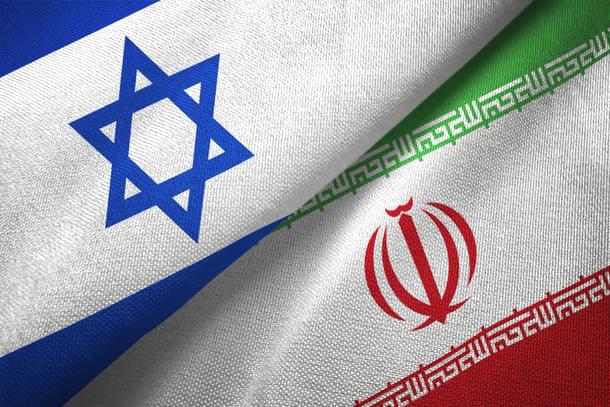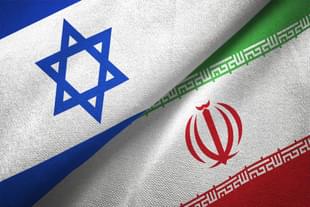News Brief
Iran Fires Hypersonic Missile At Israel As Trump Demands Tehran’s 'Unconditional Surrender'
Arun Dhital
Jun 18, 2025, 01:00 PM | Updated 01:00 PM IST
Save & read from anywhere!
Bookmark stories for easy access on any device or the Swarajya app.


The Israel-Iran conflict escalated sharply on Wednesday (18 June) as Iran launched a Fattah-1 hypersonic missile at Tel Aviv, marking the first confirmed use of the missile in the ongoing war, India Today reported.
This comes as the war enters its sixth day, with both sides continuing to exchange missile fire.
The Iranian strike was followed by loud explosions in Tel Aviv, while Israeli jets launched retaliatory airstrikes on targets near Tehran.
Residents in some parts of Iran's capital, including District 18 and Karaj, were reportedly ordered to evacuate ahead of the attacks.
The Fattah-1 missile, dubbed the “Israel-striker” by Iran, was first unveiled in 2023. A banner at its launch claimed it could reach Tel Aviv in “400 seconds.”
Meanwhile, tensions grew further as US President Donald Trump demanded Iran’s “unconditional surrender” in a series of fiery posts on Truth Social.
He warned Iran’s Supreme Leader Ayatollah Ali Khamenei that American patience is “wearing thin,” but added that the US does not plan to assassinate him, “at least not for now.”
The United States has deployed additional fighter jets to the Middle East.
A White House official confirmed, as reported by India Today, that Trump held a 90-minute meeting with the National Security Council to discuss military options. Although US forces remain in a defensive mode for now.
In response, Khamenei issued his first public statement since the conflict began, promising a strong retaliation against Israel.
Exiled Iranian opposition figure Reza Pahlavi claimed Khamenei has “gone into hiding,” calling the regime’s grip on power increasingly fragile.





